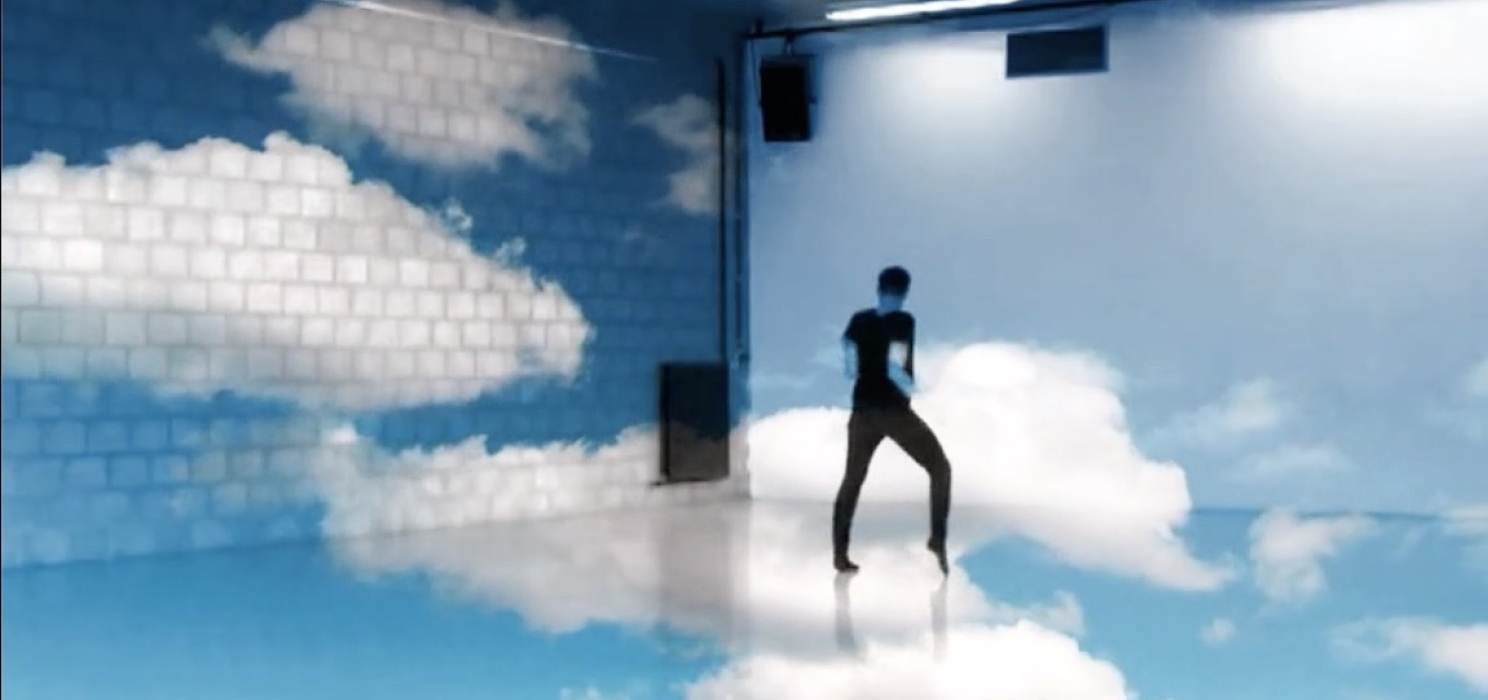About this Issue:
Welcome to issue 156!
I launched my first issue of TriQuarterly as managing editor in winter 2018, about a year after Donald Trump won the US presidential election. As we all know, it was a time of great upheaval, the country struggling to settle itself into a state of severe political and cultural divide. No surprise, the pieces featured in that issue (153) and the two that followed (154 and 155) commented on the many fears and frustrations that made up the public conversation. We published pieces on racism, women’s issues, climate change, immigration . . . For a time, it felt as if border wall fiction had become a genre all its own. Now, two and a half years into the Trump administration, the divide still remains, and at times, it feels sharper than ever. Borders, both physical and figurative, continue to go up, and labels—Democrat, Republican, immigrant, citizen, prolife, prochoice—continue to designate “sides.” But if artistic expression provides any indication of the public consciousness (and, of course, it does), then it seems we’re at least preparing for the divide to close.
Each in their own way, the stories, poems, essays, and videos in this new issue share a theme: the desire for human connection. In “Deletism and the Imagination of Grief,” Patrick Nathan comments on the depersonalization of social media platforms, saying that “these platforms—tailored toward distilling an ideal, fictional self from the messiness of the ‘real’ self—make it easy to delete images, ideas, opinions, and desires.” He explores the act of deletion within one’s own social media posts, arguing that the aim of this online erasure is to evoke a deeper, more meaningful reaction in the offline world. “The goal is simple,” he says. “I want someone to notice . . . it’s your sorrow I’m after. It’s your grief I’m trying to create.”
Megan Walsh views connections through a lens of time in “Code Duello,” reaching back across centuries to connect a modern-day New Yorker to the history that inhabits the very streets he walks. Passing Alexander Hamilton’s grave, the narrator “tr[ies] to feel, down in [his] feet, Alexander Hamilton’s old bones releasing some whale sonar of history.” And later, while inside the abandoned apartment of a building’s deceased superintendent, he experiences a “peaceful holiness” that, for reasons he cannot explain, moves him to lie down in the dead man’s ancient bathtub. As readers, we feel the stillness of the moment, understanding that somewhere in the quiet, a shift has occurred. It’s as if the ghost of old Silvio-the-super has entered the room, his presence meant to guide the young narrator’s every action until the story’s end.
In his poems from Homosexual Panic, Peter LaBerge adds dimension to the lives and deaths of two gay men. Unwilling to let the story of William Simpson’s murder stand as documented in a 1954 Miami Daily News article—an article that branded Simpson a “pervert” and prioritized the scandal of his sexuality over the injustice of his murder—LaBerge corrects the record: “No pervert: a flight attendant, 27 and queer, modest as cream.” In this poem, as in his poem on the 1985 murder of David’s Self, LaBerge challenges us to stare directly into scenes of human brutality. He demands that we pay close witness to the atrocities—“Fingers, a necklace of bruising,” he says, “Larynx a squeezed peach”—and in so doing, issues an all too vivid reminder of what can happen when humans fail to see one another as human. Enough of the division, it’s high time we connect.
Issue 156 goes down in TriQuarterly history as my final issue as managing editor, and I’m proud to end my tenure on an issue that carries such an important message. I’m so grateful to the contributors who share their work here, and to the talented staff that helps us put it out into the world.
With gratitude,


